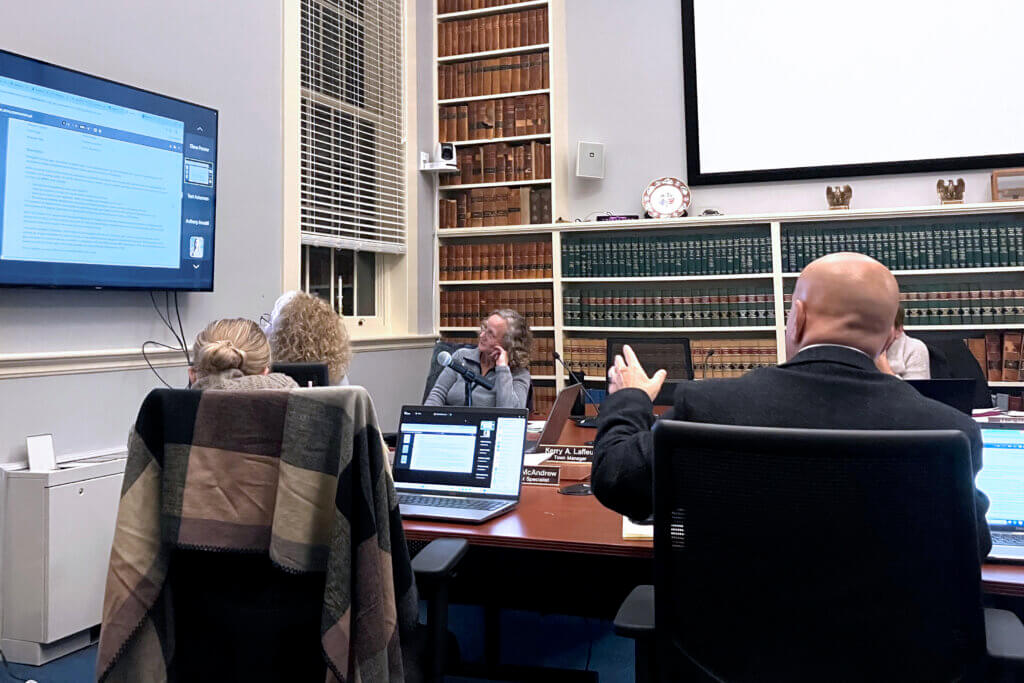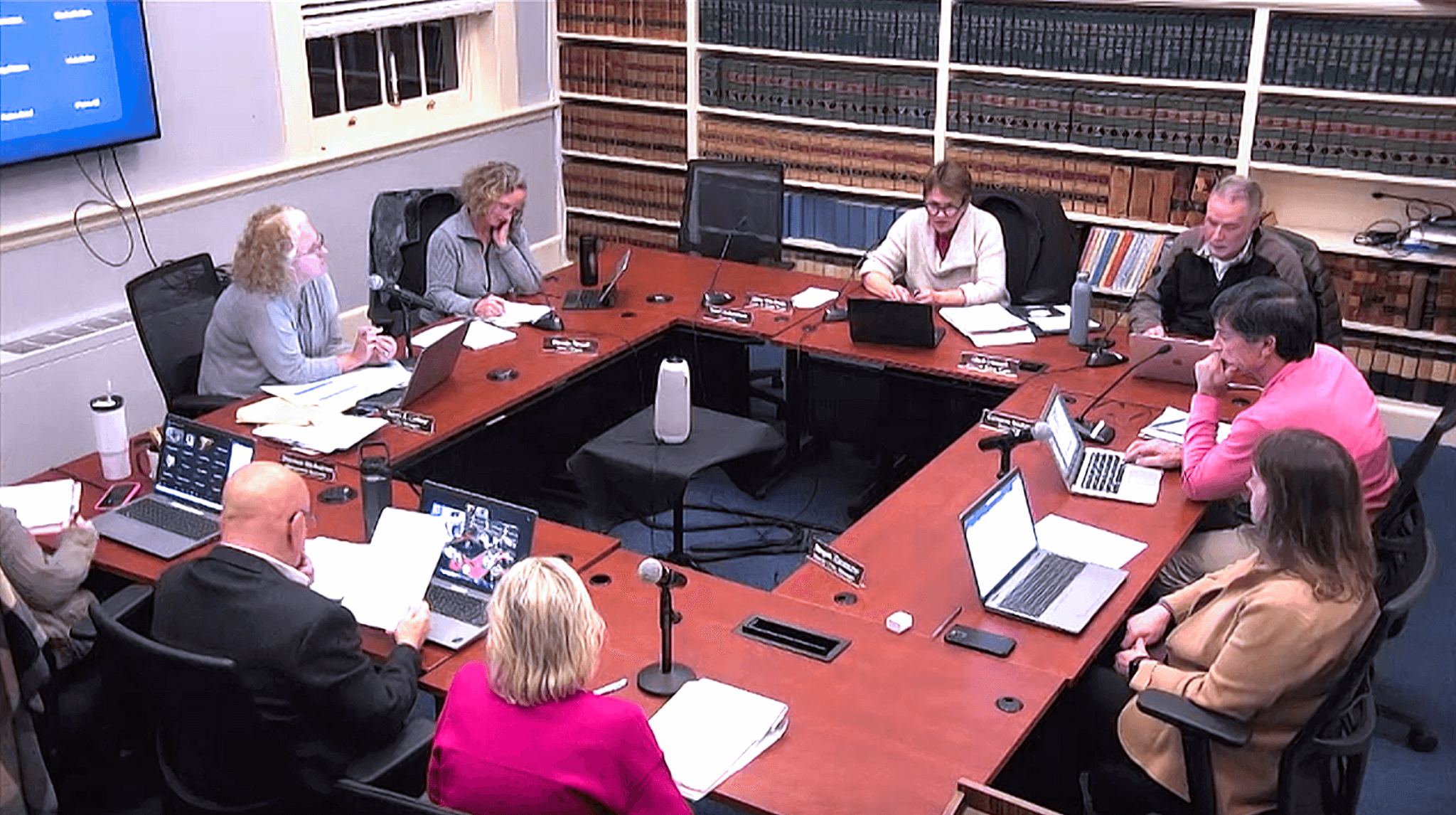By Dakota Antelman — Dakota@concordbridge.org
Concord’s tax-exempt non-profits could be asked to voluntarily open their wallets as soon as next year under a draft policy from the Select Board.
Known as payment in lieu of taxes (PILOT) agreements, the deals could net nearly $1.5 million in additional tax revenue at a time when many homeowners are feeling the burden of rising tax bills.
Still, there are no legal mechanisms forcing non-profits to negotiate, and officials acknowledged the plan could be a big ask for some organizations.
“It’s a matter of negotiating and really helping non-profits realize that they do have a drain on our resources, too,” Chief Financial Officer Anthony Ansaldi told the Select Board last Monday. “We’re trying to have them work with the town and try to recapture that.”
Existing PILOT agreements
Non-taxable land accounts for roughly 11 percent of Concord’s area. Non-profits own nearly half of the non-taxable property. The town, state, and federal governments claim the rest. The state and the federal government already have various PILOT agreements with Concord.
The Concord Housing Authority has a PILOT agreement under which it sends 10 percent of rent payments into town coffers, according to Housing Authority Board of Commissioners chair Stephan Bader.
Recent town estimates value non-profit land at nearly $488 million. If the town could tax the property at its full rate, it would bring in close to $6 million.
Ansaldi said non-profits don’t always use municipal services the same way homeowners and commercial businesses do. “But what they do take and benefit through is public safety and public works,” he said.
Public safety and public works account for roughly a quarter of the town’s budget, Ansaldi said. The draft PILOT policy calls on non-profits that own property or rent it from the town to pay 25 percent of the annual tax they would pay if they were commercial businesses.

Other communities
Other communities have PILOT agreements with universities, hospitals, and other non-profit groups.
As officials in Concord prepared their framework, Ansaldi said, they followed existing programs in Boston and Brookline.
Ansaldi, a former Brookline town employee, said the 25 percent goal is “pretty consistent” among communities.
Though universal adoption of the 25 percent benchmark would result in just under $1.5 million in new payments, Ansaldi cautioned, “That’s not necessarily done on day one.”
Many non-profits lack the liquidity to comply completely, he said. “It’s all part of a negotiation to get there.”

Responses and requests
Ansaldi presented alongside Chief Assessor Meredith Stone after working with other town leaders to draft the policy.
Select Board member Terri Ackerman thanked Ansaldi and Stone for the presentation and said the development of a PILOT policy is “long overdue.”
Ackerman also asked Ansaldi to add wording that references non-profits that affect other town departments beyond public safety and public works.
“… [T]here are some of our exempt properties [that] have schoolchildren that are attending the Concord Public Schools or the high school,” she said. “I think that’s a factor that has to be involved in the negotiations, as well.”
Select Board colleague Cameron McKennitt praised the policy but asked whether the 25 percent figure would hurt the town’s chances of negotiating better deals.
Ansaldi said the goal helps to set expectations and ensure “everybody [is] treated the same and fairly.”
“I think when you treat everybody consistently, then you have a better chance of success with something like this,” he said.
Select Board members widely backed the PILOT policy but did not vote on it immediately. Instead, Board chair Mary Hartman asked Ansaldi to make changes in response to the board’s questions and bring the matter back for a vote on November 18.
If the board approves the policy, Ansaldi said, the town will notify non-profits and ask them to reach out to discuss what’s next.






